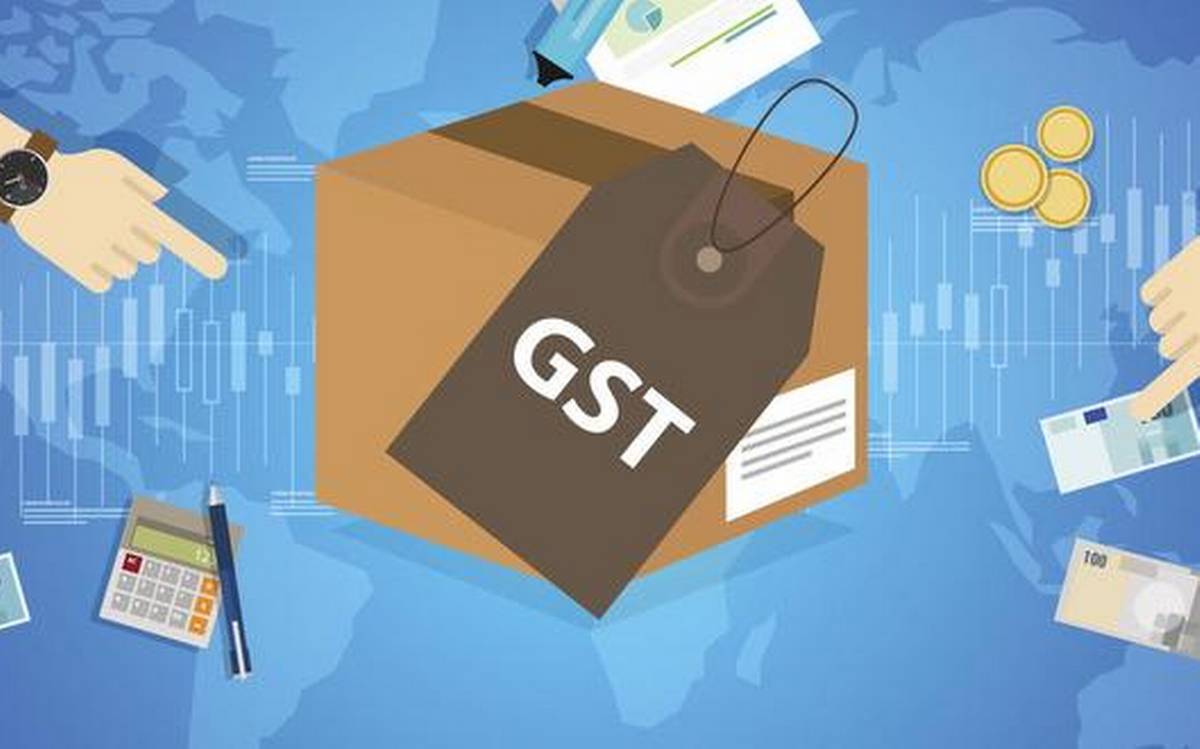[dropcap]T[/dropcap]he day GST was implemented will always be a day to remember. It was the biggest reform in the laws of the country. It was set to directly affect the economy of India. However, another important fact to recall would be that some states were not in unison with the ruling party when it came to supporting this reform. One such state was Tamil Nadu.
In the earlier days of the implementation of GST, a lot of industries, especially the small scale businesses were reluctant about the new laws. There were losses of sales and the capital requirement had gone up. In the latter days, the Government had to amend the GST regulations to ease the troubles of various sectors of the economy. The turnover threshold limits were increased and GST composition scheme was rolled out.

Looking back at the days of the GST bill still being passed in the legislature, Tamil Nadu can be recalled as one of those states which had opposed the GST. There were quite a few reasons to do so, and those reasons have been listed below.
1. An increase in the already huge borrowings
Tamil Nadu has already had a history of a huge amount of borrowings to finance various welfare schemes in the state. From free laptops to inexpensive canteens, Tamil Nadu had spent a lot by borrowing. It had a high fiscal deficit, and implementing GST implied that the state of Tamil Nadu would hit the fiscal deficit ceiling.
Accepting the implementation of GST had meant that the GST would take away a huge part of the Own Tax Revenue (OTR) of the state. It had been reported that the state had almost 70% of its revenue through the OTR.
It was being believed that in order to implement the GST in the state, the state government would need to either borrow more finance, which meant more troubles for the state, or bring down some of the schemes. Tamil Nadu was estimated to lose almost Rs. 9270 crores per year on the implementation of the GST.
2. A decrease in already low aggregate demand for its own goods

Tamil Nadu may be called the Manufacturers’ Hub, but back in the days when the GST was nothing more than an idea, Tamil Nadu was a state of less consumption and more production. The aggregate demand in the state was already very low. Even with the high production of textiles, automobiles, leather and pharmaceutical goods, there was not much consumption.
It was more than clear to the state government that an implementation of GST tax like that would bring down the demand further and crush the economy of the state completely. It was expected that the state of Tamil Nadu would soon lose its glory as a Manufacturers’ Hub on the implementation of the GST because of the exemption of many dealers from the taxation when taxes like Central Service Tax get phased out.
3. A breach on the state government’s autonomy on the finances on the state
Before the implementation of the GST, the financial issues of the state were under the jurisdiction of the state government at large. Taxations were done in a process and at the rates as per given by the state government. The state government had autonomy over the finances of a state. However, with the implementation of the GST, some autonomy of the state government had to be taken away by the central government.
The state government of Tamil Nadu had blamed the GST Council for influencing the autonomy of the state government on the finances of the state. The state government had also wanted the central government to compensate for the losses that the state was about to endure.
4. Unacceptable voting weightage in the GST Council
The then Chief Minister of Tamil Nadu, J Jayalalithaa commented that there was no need of forming a GST Council. She further stated that the Council’s voting weightage was completely unacceptable. According to the Chief Minister, there needed to be a distinction in the voting weightage among the states. The voting weightage for the states must have been increased to three-fourths of the total votes cast, while the voting weightage for the Centre must have been reduced to one-fourth.
5. Demands to keep petroleum and petroleum products under the revenue check of the State permanently
The Chief Minister of Tamil Nadu demanded the Centre to let the State Government charge taxes on petroleum and petroleum products on to its own autonomy for environmental and societal positivity. According to the Chief Minister, items like tobacco must be taxed higher than what the GST mentions, for public health reasons, and therefore, the Centre must let the state of Tamil Nadu follow its own set of tax rates for such items.







